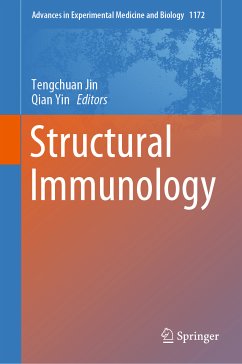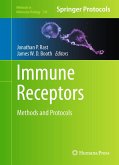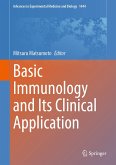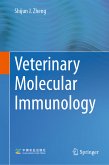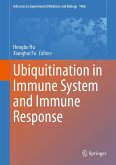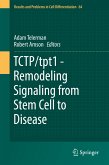This book presents a comprehensive overview of important immune molecules and their structure-function relationships. The immune system is highly complex, consisting of a network of molecules, cells, tissues and organs, and the immune reaction is involved in various physiological as well as pathological processes, including development, self-tolerance, infection, immunity, and cancer. Numerous molecules participate in immune recognition, inhibition and activation, and these important immune molecules can be roughly divided into cell surface receptors, intracellular receptors and intracellular signaling molecules. The study of how these immune molecules function at molecular level has laid the foundation for understanding the immune system. The book provides researchers and students with the latest research advances concerning the structural biology of key immune molecules/pathways, and offers immunologists essential insights into how these immune molecules function.
Dieser Download kann aus rechtlichen Gründen nur mit Rechnungsadresse in A, B, BG, CY, CZ, D, DK, EW, E, FIN, F, GR, HR, H, IRL, I, LT, L, LR, M, NL, PL, P, R, S, SLO, SK ausgeliefert werden.

